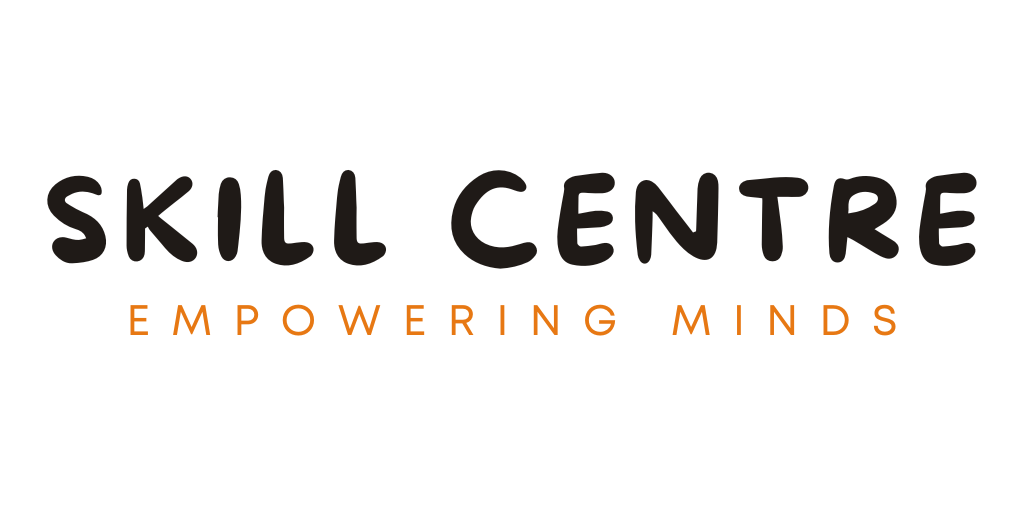In today’s rapidly evolving world, the landscape of education is changing. While traditional academic subjects remain crucial, there is a growing recognition of the importance of soft skills in preparing students for success in both their academic and professional lives. Soft skills, often referred to as “21st-century skills” or “employability skills,” encompass a range of interpersonal, communication, and problem-solving abilities that are essential for thriving in today’s interconnected and dynamic society.
One of the key reasons why soft skills are gaining prominence is their role in fostering adaptability and resilience. In a world where change is constant, individuals need to be able to navigate uncertain situations, think critically, and solve complex problems. Soft skills such as creativity, critical thinking, and communication enable students to approach challenges with confidence and flexibility, empowering them to find innovative solutions and adapt to new environments.
Moreover, soft skills play a vital role in interpersonal relationships and collaboration. In today’s interconnected world, the ability to work effectively in teams, communicate clearly, and empathize with others is essential. Soft skills such as teamwork, empathy, and effective communication enable students to collaborate successfully, build positive relationships, and navigate diverse perspectives. These skills are not only valuable in the classroom but also in the workplace, where teamwork and collaboration are increasingly emphasized.
Furthermore, soft skills are closely linked to success in the workforce. Employers are not only looking for candidates with strong academic qualifications but also those who possess the soft skills necessary to thrive in a dynamic and fast-paced work environment. According to research conducted by the World Economic Forum, skills such as creativity, emotional intelligence, and problem-solving are among the top skills sought by employers today. By prioritizing the development of soft skills, educational institutions can better prepare students for the demands of the modern workforce and equip them with the tools they need to succeed in their careers.
At our educational institute, we recognize the importance of soft skills in preparing students for the future. Our curriculum is designed to integrate soft skill development into every aspect of learning, providing students with opportunities to enhance their creativity, critical thinking, communication, and collaboration skills. Through project-based learning, group activities, and real-world simulations, students develop the confidence and competence to tackle challenges head-on and thrive in a rapidly changing world.
In conclusion, soft skills are a vital component of today’s education system, playing a crucial role in preparing students for success in both their academic and professional lives. By prioritizing the development of soft skills alongside academic knowledge, educational institutions can unlock the full potential of their students and empower them to become confident, adaptable, and resilient individuals ready to face the challenges of the future.
